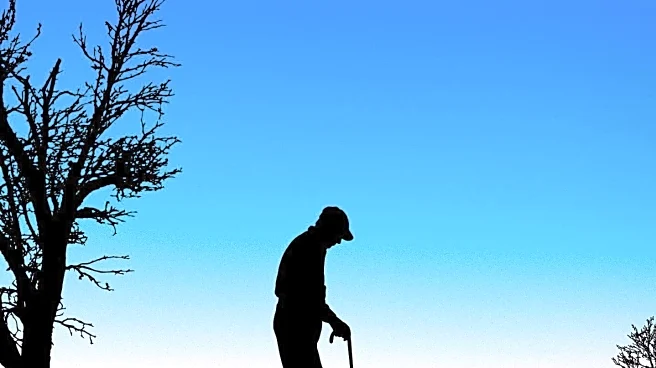What's Happening?
In Uganda, and across Africa, the aging population is growing rapidly due to improvements in nutrition, sanitation, and healthcare. This demographic shift is celebrated as a sign of progress but also raises concerns about the continent's readiness to support its older citizens. Carole Osero-Agengo of HelpAge International highlights the lack of comprehensive programs to address the needs of the elderly. Despite plans by the African Union and individual countries, implementation has been slow, leaving many older people without adequate support. The reduction in international aid, particularly from the USAID program under President Trump, has exacerbated the situation, affecting antipoverty programs and healthcare services.
Why It's Important?
The rapid increase in the elderly population in Africa presents both opportunities and challenges. On one hand, it reflects significant advancements in public health and living conditions. On the other hand, it poses a challenge for governments to provide adequate social services, healthcare, and financial support for the aging population. The lack of preparedness could lead to increased poverty and health issues among the elderly, impacting the overall socio-economic stability of the region. The situation also highlights the importance of international aid and the need for targeted programs to support aging populations.
What's Next?
African governments and international organizations will need to prioritize the development and implementation of policies and programs to support the aging population. This includes investing in healthcare, pensions, and social services. The role of international aid will be crucial in filling the gaps left by reduced funding. Organizations like HelpAge International will continue to advocate for the needs of the elderly and work towards sustainable solutions. The success of these efforts will depend on collaboration between governments, NGOs, and international partners.










